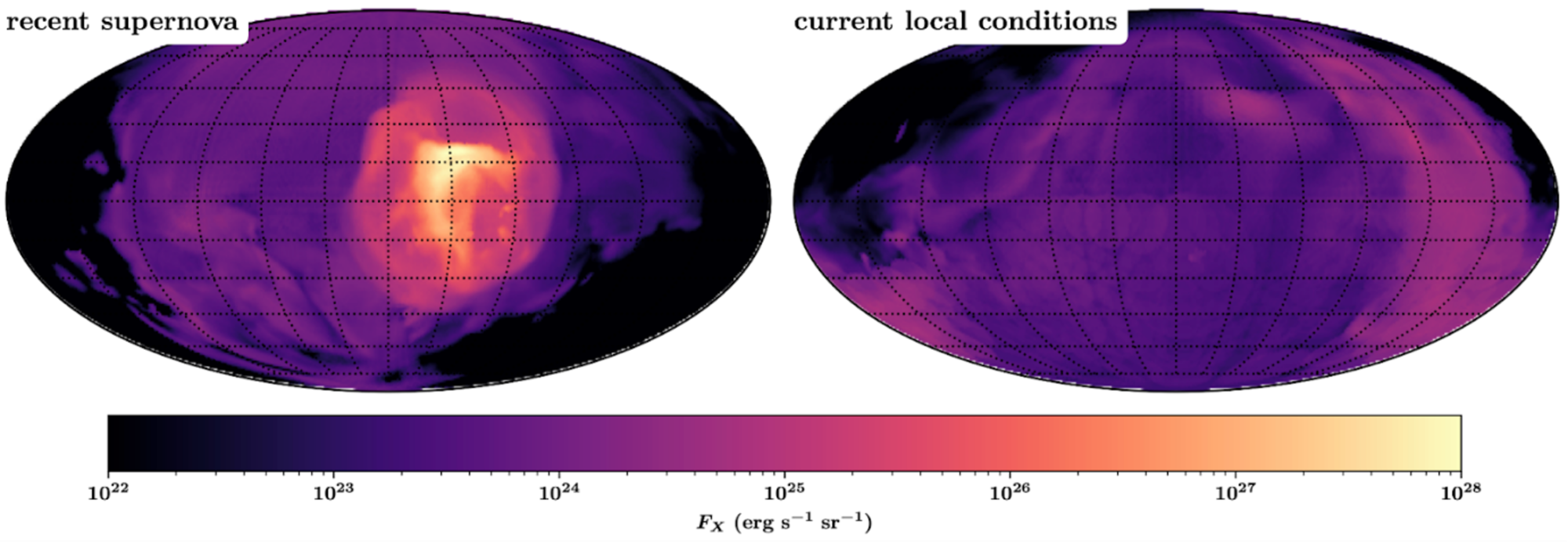PD Dr Philipp Girichidis, Prof Dr Ralf S Klessen and Dr Stefan Reissl at Heidelberg University’s Centre for Astronomy provide insights into our place in the Milky Way and the Local Bubble
The region of the Milky Way in which the solar system…

The region of the Milky Way in which the solar system…